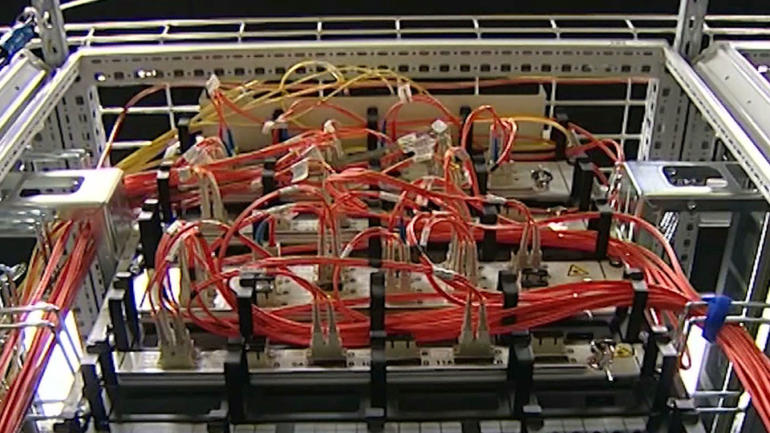Russia’s parliament looks set to pass a bill that would create an internet network disconnected from the world. Such a system could also block websites to citizens.
CGTN’s Dan Ashby looks at the implications of these proposed measures.
The United States has long accused Russia of using the internet to attack democracies. But could Washington cut Russia from parts of the web altogether?
The very idea has rattled Russia’s parliament. So much so, it’s debating a bill that would make the country take control of its own web.
Russian lawmaker Leonid Levin said, “This law doesn’t mean creating infrastructure. It means that in case of the network’s destabilization, the control center will perform more systematic routing of the traffic. So if a Russian citizen wants to send a message to another Russian citizen, this traffic doesn’t have to go outside Russian.”
It would mean a truly Russian internet would be created.
Just because content looks like it’s from Russia, doesn’t mean it’s hosted here. A lot of it is hosted in the U.S. And that means U.S. companies can control access to it.
But the new bill will make Russia host all its data. And that means the Government will get the final say.
But digital lawyers accuse the Government of trying to create a giant firewall, which would filter out negative news, stifle democratic debate, and potentially scare off investors.
“We think this draft is very dangerous for the Russian internet society because it lets the state switch of the internet from inside the country,” Sarkis Darbinyan from the Centre for Digital Rights said.
Even if the bill is passed, it doesn’t necessarily mean it will be enacted.
The law could really hurt local businesses, and Moscow would need new hardware, expertise and funding to even begin.
“If this bill passes, first of all, they need to write 20 regulatory documents written by Minister of Communications, so immediate implementation is not possible after the bill passes. But if they try to spend a lot of money, yes, it would be possible to cut Russian internet off,” Alexander Isavnin of the Russian Internet Protection Society explained.
But if the bill is to be believed, it will happen. And an invention famous for being so open and global, may be about to become more fractured and controlled.
 CGTN America
CGTN America
